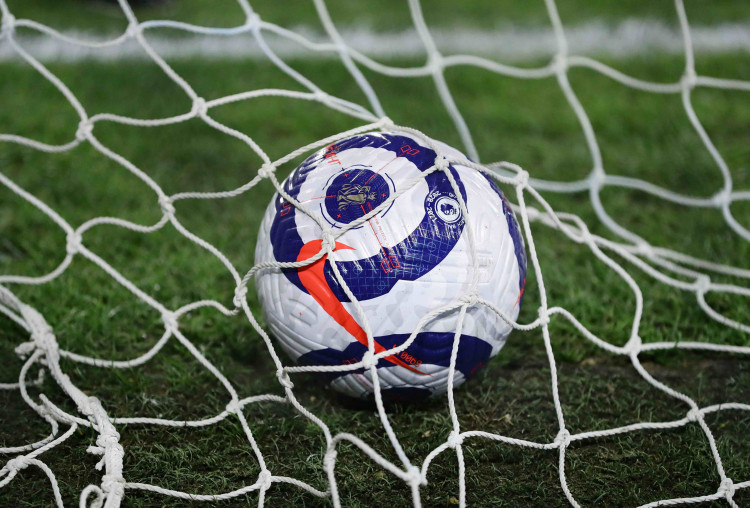In a disturbing series of events that has shocked Malaysia, three high-profile soccer players have been violently attacked within a single week, raising serious concerns about the safety of athletes in the country. These attacks, which included an acid attack on national team winger Faisal Halim, have prompted widespread fear and speculation about the motives behind such unprecedented aggression toward sports figures.
Faisal Halim suffered severe injuries after being splashed with acid at a shopping mall near Kuala Lumpur. This attack left him with critical injuries, and he is currently hospitalized in intensive care, undergoing multiple surgeries to treat fourth-degree burns on his face, back, ribs, and arms. The severity of the assault was underscored by a visit from Malaysia's Prime Minister, Anwar Ibrahim, highlighting the national significance of the incident.
Just days before Halim's attack, another national team player, Akhyar Rashid, was assaulted outside his home by robbers wielding an iron rod, resulting in head and leg injuries. Shortly thereafter, former national team captain Safiq Rahim was threatened by two assailants near his training center in Johor Darul Ta'zim. Although Rahim escaped physical injury, the attackers smashed his car's rear window, adding to the week's tally of targeted violence against athletes.
The attacks have raised alarms about a potential pattern, as noted by Police Criminal Investigation Chief Mohamad Shuhaily Mohamad Zain, who pointed out similarities in the incidents, including the fact that all victims were followed and the attackers worked in pairs. However, authorities have yet to confirm a direct link between the incidents.
A star player for Malaysia's soccer team is in "critical but stable condition" after an acid attack that left him with fourth-degree burns, officials said. pic.twitter.com/d8TUIZ8vqY — BM Media (@ByteMagnet) May 8, 2024
In the wake of these events, the Football Association of Malaysia (FAM) and local clubs have urged professional footballers to increase their vigilance and consider additional security measures, such as hiring bodyguards. FAM is actively coordinating with law enforcement to investigate these attacks, which have occurred amid broader accusations of mismanagement within the organization, though no conclusive connections have been drawn.
The community and fans are reeling from the attacks, which have disrupted the sense of security traditionally associated with the nation's beloved sport. The casual nature of interactions between players and fans, a longstanding norm in Malaysian football culture, is now under scrutiny, with many advocating for stricter access controls at training grounds and during public appearances.
The Malaysian Football League and other sporting officials have expressed their horror and confusion over the sudden spike in violence. "Everything is madness at the moment. Nobody knows what to do and nobody knows what is going to happen next," one former international player told The Guardian, capturing the pervasive anxiety within the community.




